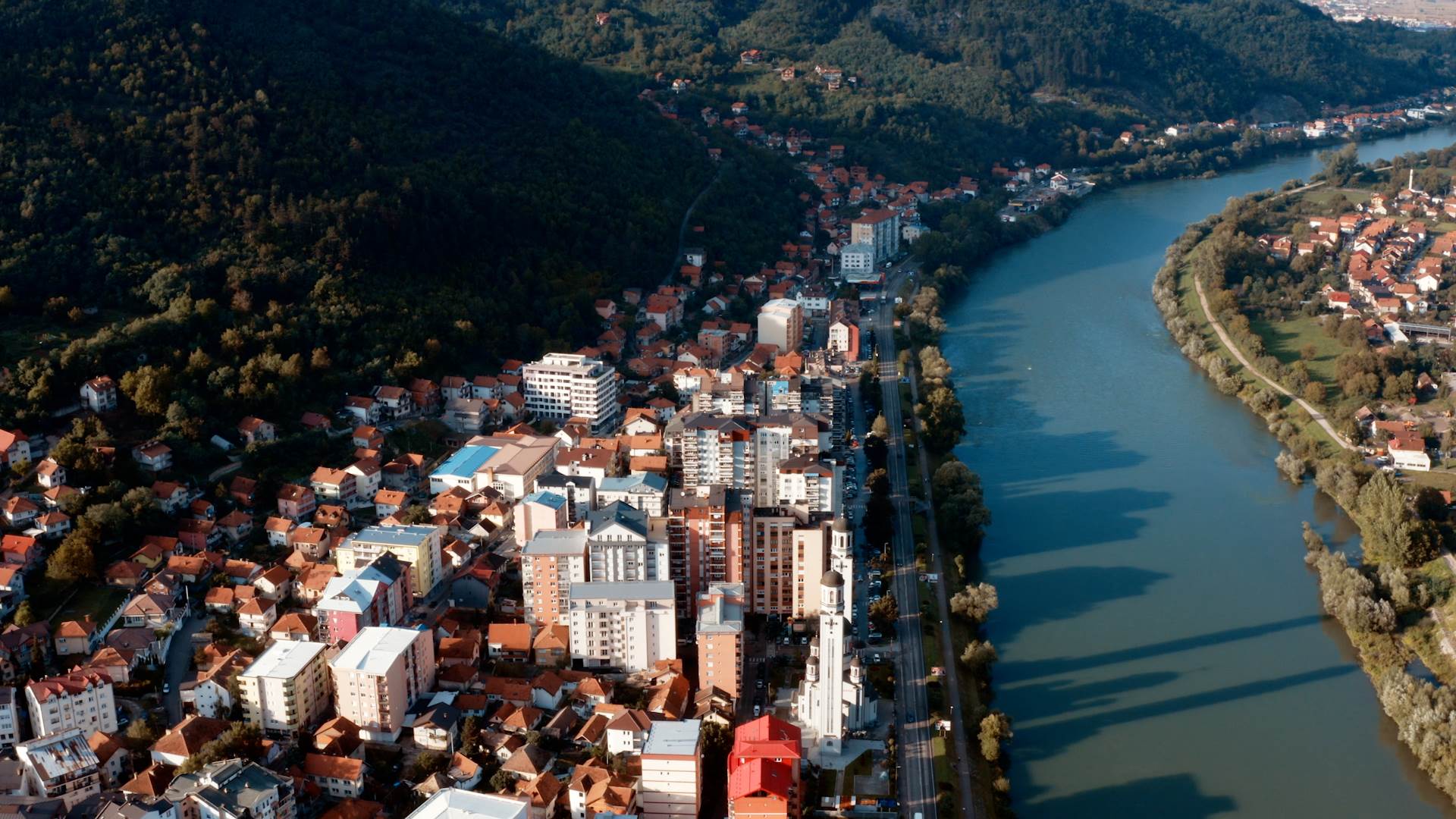The 11 suspects were charged with committing crimes against humanity in 1992 for their involvement in the unlawful detention and inhumane treatment of around 700 Bosniak men and boys, some...
A former Bosnian Serb Army commander told Ratko Mladics trial at the Hague Tribunal that he received no order for the mass killings of Bosniaks from Srebrenica in July 1995.
Testifying in defence of Radovan Karadzic, former Republika Srpska Army, VRS, general Zdravko Tolimir says that neither he nor Karadzic knew about the mass executions of Bosniaks from Srebrenica in...
Testifying in defence of Radovan Karadzic, former Commander of the Birac Brigade of the Republika Srpska Army, VRS, Svetozar Andric says that revenge is the only possible explanation for killing...
According to the courts verdicts, members of the Bratunac Brigade of the Army of Republika Srpska (VRS) participated in the attack on Srebrenica in July 1995, as well as in...
A former Hague Prosecution investigator says at the trial for Srebrenica crimes, that the bodies of Srebrenica residents that were found in the Glogova and Ravnice mass graves originated from...
The Bosnian Serb commanders role in the genocide committed in Srebrenica is described in detail in many indictments and verdicts pronounced before local and international judicial institutions.
Guilt admission agreements concluded with war-crimes indictees are a source of controversy formany people in Bosnia and Herzegovina, including legal experts who believe the practice often does not help determine...
Court to consider if reports by Richard Batler and Dean Manning qualify as evidence in BiH
